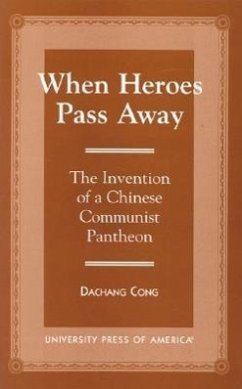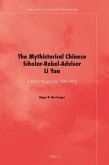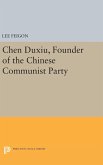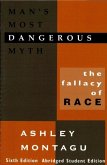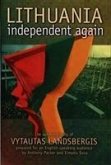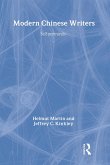This book studies the treatment of Mao Zedong, Zhou Enlai, Deng Xiaoping, and other Communist leaders from the late 1980s to the mid-1990s. It also unravels the complex political culture in the last phase of Deng's China. The author explores why and how a Chinese Communist pantheon has risen at a time when Communist ideology is fading and the current Chinese leaders are coming to grips with a wide array of moral, social, and economic maladies. The Party has been marred by corruption and the whole society poisoned by greed. Thus, the invention of the pantheon is an important part of the official plan to preserve Communist rule.By highlighting patriotism, riding economic successes, manipulating public sentiment, and re-creating symbols, the state and power elite have skillfully promoted the pantheon to mitigate a legitimacy crisis and to relieve succession pangs. Jiang Zemin and his colleagues, who do not have the charisma of the Communist leaders of the older generation, need to link themselves to the top pantheon with the trinity of Mao, Zhou, and Deng at the top. Yet the pantheon is not merely an official product. Behind the facade of the great worship lies a multitude of intentions, purposes, and meanings, the work of a confluence of different interest groups.

